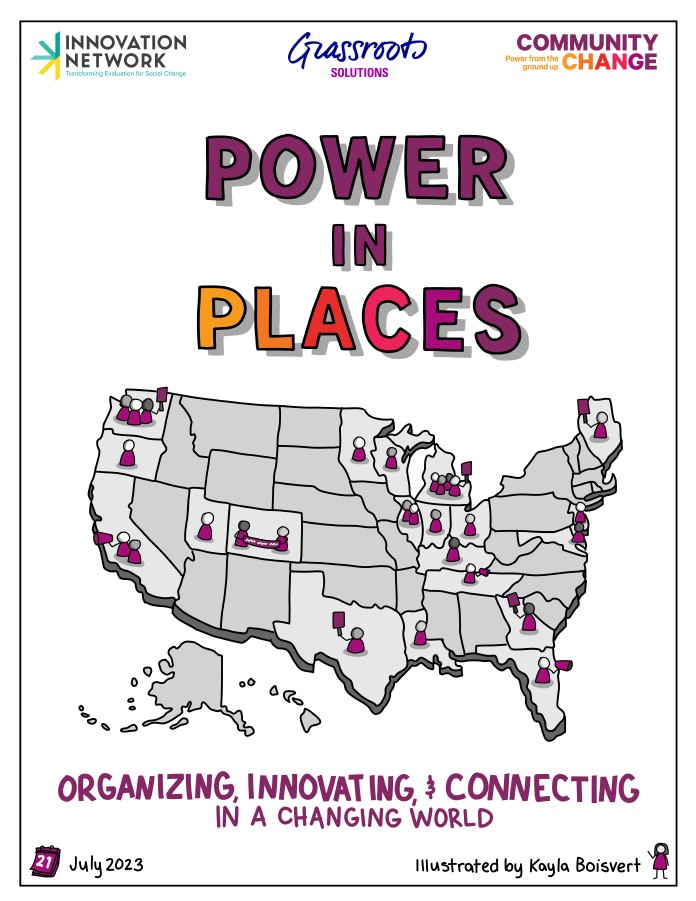Advocacy & Social Movements
Innovation Network evaluates the hard-to-measure areas of advocacy and social movements through both qualitative and quantitative data.
Social movements and advocacy are on the front line of newer approaches to social change.
Increasingly, funders and nonprofits are adopting strategies like grassroots engagement, grassroots mobilization, community organizing, systems change, and policy advocacy. Innovation Network is an established leader in advocacy evaluation, and has a demonstrated ability to design evaluation approaches for complex initiatives. We have experience working with federal, state, and local policy change efforts; systems change efforts; and grassroots movements. We efficiently collect data from a wide array of sources including community members, organizers, advocates, experts, and other leading thinkers. Our staff are adept at performing quantitative and qualitative analysis and organizing data to develop coherent findings and themes.
We understand the ever evolving nature of social movements and advocacy, and we strive to provide reliable, actionable data to turn insight into action.


